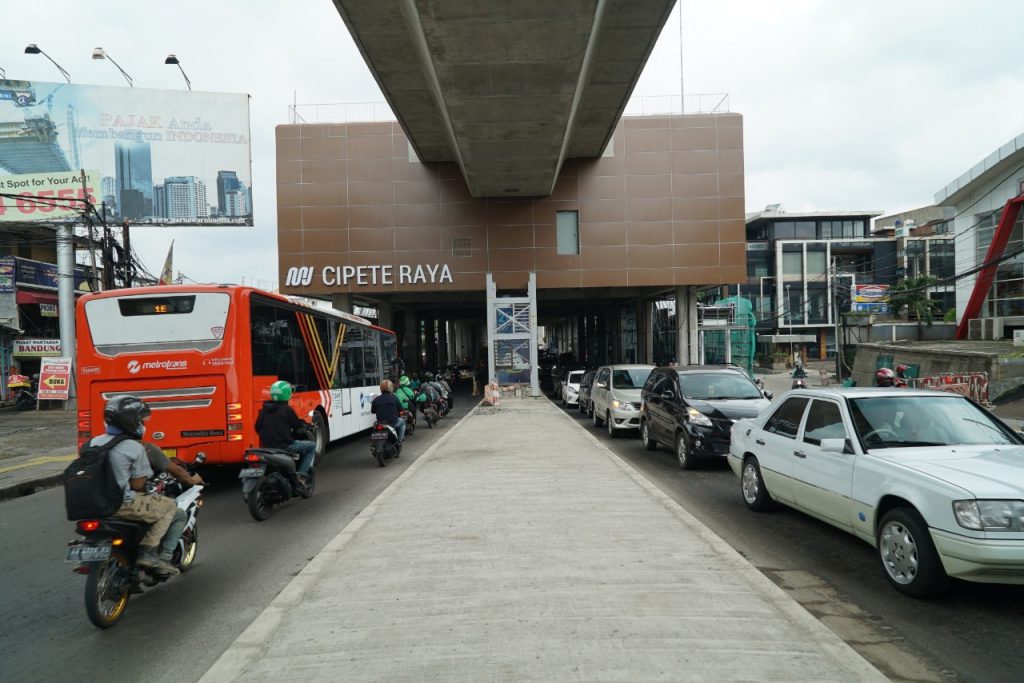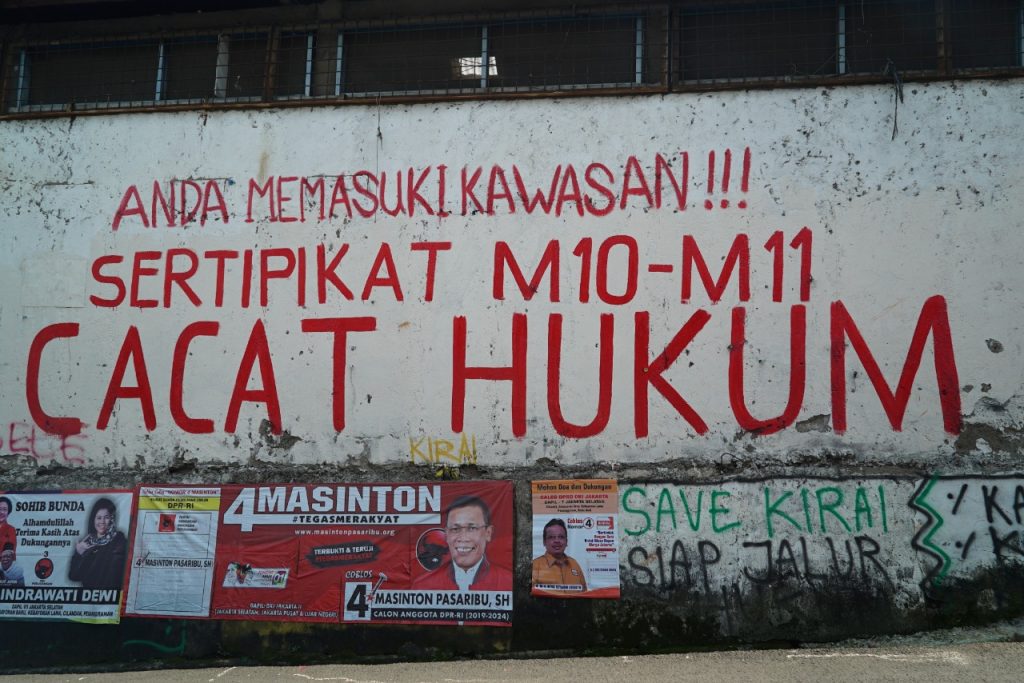アゼルバイジャンにおける国家によるイスラーム管理
対象とする問題の概要 アゼルバイジャンにおけるイスラームは、国家によって厳格に管理されている。具体的には、政府組織である宗教団体担当国家委員会、政府に忠実なウラマーによって結成されたカフカース・ムスリム宗務局がイスラーム管理を行っている。…

South Omo Zone (SOZ) is located in the Lower Omo Valley, southwest of Ethiopia. Its people are predominantly engaged in small-scale farming and agro-pastoralism for their livelihood. The zone a host to 16 diverse ethnic groups with distinct cultures and traditions is also a major attraction to international tourist interested in heritage tourism. Thus, six out of its eight woredas (districts) are major tourist destinations at national level. The tourism sector as an economic driver at national level are well established (Sharply and Telfer, 2002)[1] but the extent of benefit of local people at destination is important to determine its full impact. Although such impact are ambiguous to measure, a recent study on livelihood impact (Chen et al, 2018)[2] has shown some result.
[1] Sharpley, R & Tefler D.J. (Eds.) (2002). Tourism and Development. Concepts and Issues. Aspects of tourism 5. Pf. 1-1. Clevedon. Channel View Publications.
[2]Chen, B; Qiu, Z.; Usio, N.; Nakamura, K. (2018). Tourism’s Impacts on Rural Livelihood in the Sustainability of an Aging Community in Japan. Sustainability 10, 2896. doi:10.3390/su10082896.
1. Unstructured interviews with open ended questionnaires
2. Focus group discussion
3. Participatory observation
4. Photo and video footage of participants as part of the observation methodology.
In this research 30 purposefully selected individuals from the zonal town of Jinka, three households from the peri-urban village, five households in a cattle settlement in Mursi, three tourist sites, and one village far from a tourist destination (20 people in total) were involved.

Local people at the studied sites described financial inputs from tourism as being essential in sustaining their main livelihood. In peri-urban settings, income from tourism provides an opportunity to compensate for the diminishing income from their small businesses over time (Photo 1). For some, this income covers grain price increases from pests and drought in the region. In agro-pastoralist Mursiland (Photo II), income from tourism is a buffer for their main asset (cattle) normally sold during crop failure due to unstable rainfall. Observation during fieldwork also substantiated this fact. However, in both cases, local people expressed that the guides and drivers who bring tourists act as gatekeepers, affecting the amount of cash they earn.
Expanding the number of households in the peri-urban setting, and further in-depth research in Mursiland will be my plan for undertaking two extended fieldworks in 2019.
Copyright © 附属次世代型アジア・アフリカ教育研究センター All Rights Reserved.